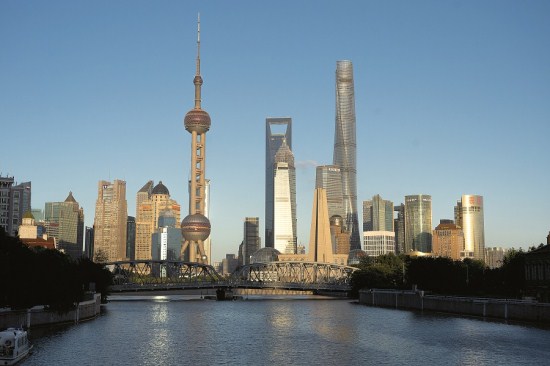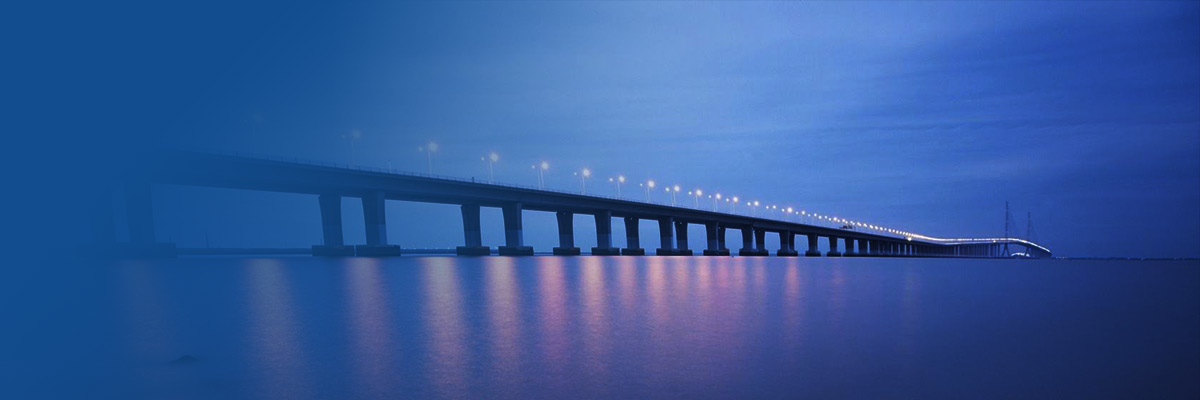An epic tale of two halves

Lujiazui in Pudong is now home to the skyscrapers that define the Shanghai skyline. [Photo by Gao Erqiang / China Daily]
He Jianming's first encounter with the Pudong area in Shanghai came courtesy of a blind date that took place 30 years ago.
Arranged by his friends, the date took place along the Bund, the western bank of the Huangpu River which was frequented by young love birds.
But He, who was then a young officer in the military, pointed out to his date that they should avoid the crowds along the waterfront and head across the river where it was quieter. He was promptly chided for his suggestion.
"Are you stupid? That's Pudong, not Shanghai!" He recalled the girl saying.
It was then that he discovered the perception held by many of those who lived in Puxi, which literally means "river west", that the zone across the river is considered backwater and not a part of the prosperous city of Shanghai. There was once even a local saying that "a bed in Puxi is better than a flat in Pudong".
While Pudong was still defined by vast stretches of farmland and villages at the beginning of the 1990s, it is today home to the skyscrapers that define the Shanghai skyline, ports that handle millions of containers, industrial clusters for high-tech and medical industries, as well as thousands of professionals from across the world.
The rise of this zone from farmland to commercial powerhouse and how it reflects the success of China's reform and opening-up is what He, who is presently the vice chairman of the China Writers Association, is aiming to show the world today through his new book Pudong Epic.


 China's public holidays for 2025
China's public holidays for 2025  Shanghai FTZ: Go all out to build China's first pilot zone for Silk Road E-commerce cooperation
Shanghai FTZ: Go all out to build China's first pilot zone for Silk Road E-commerce cooperation  Favorable policies boost 'China Travel' trend
Favorable policies boost 'China Travel' trend  play
play 